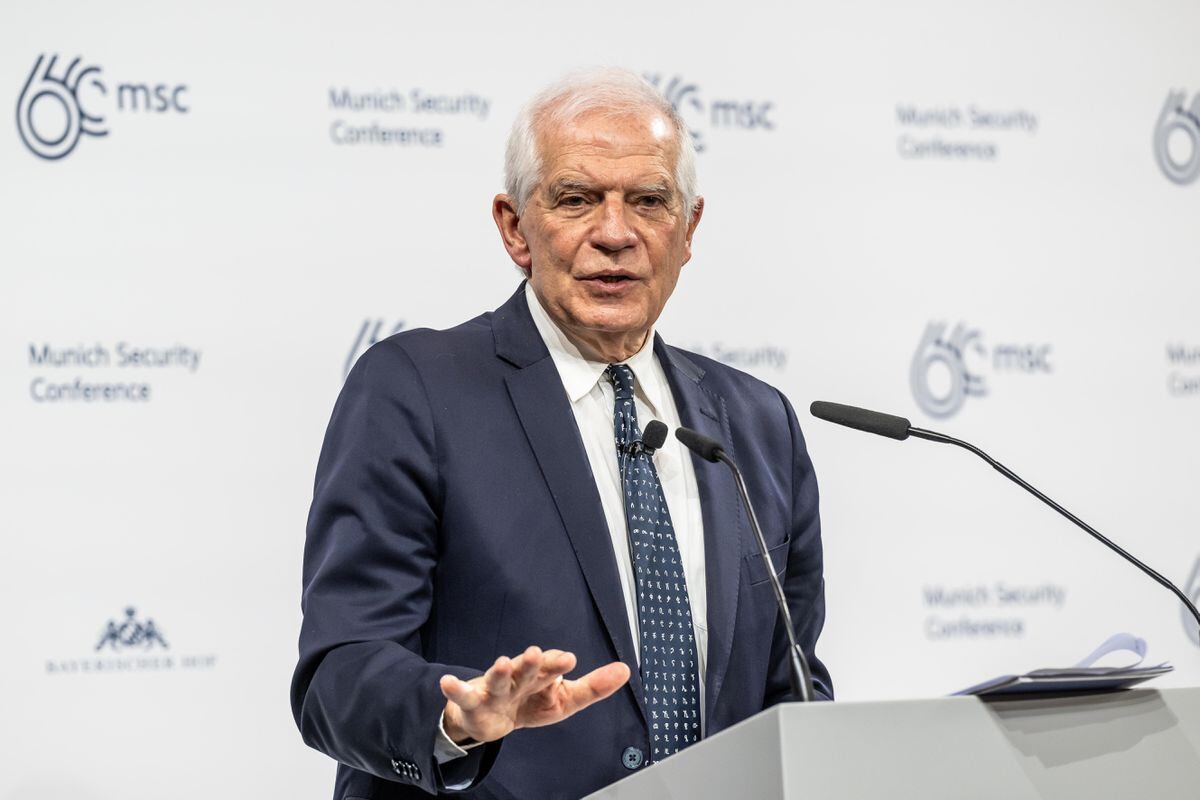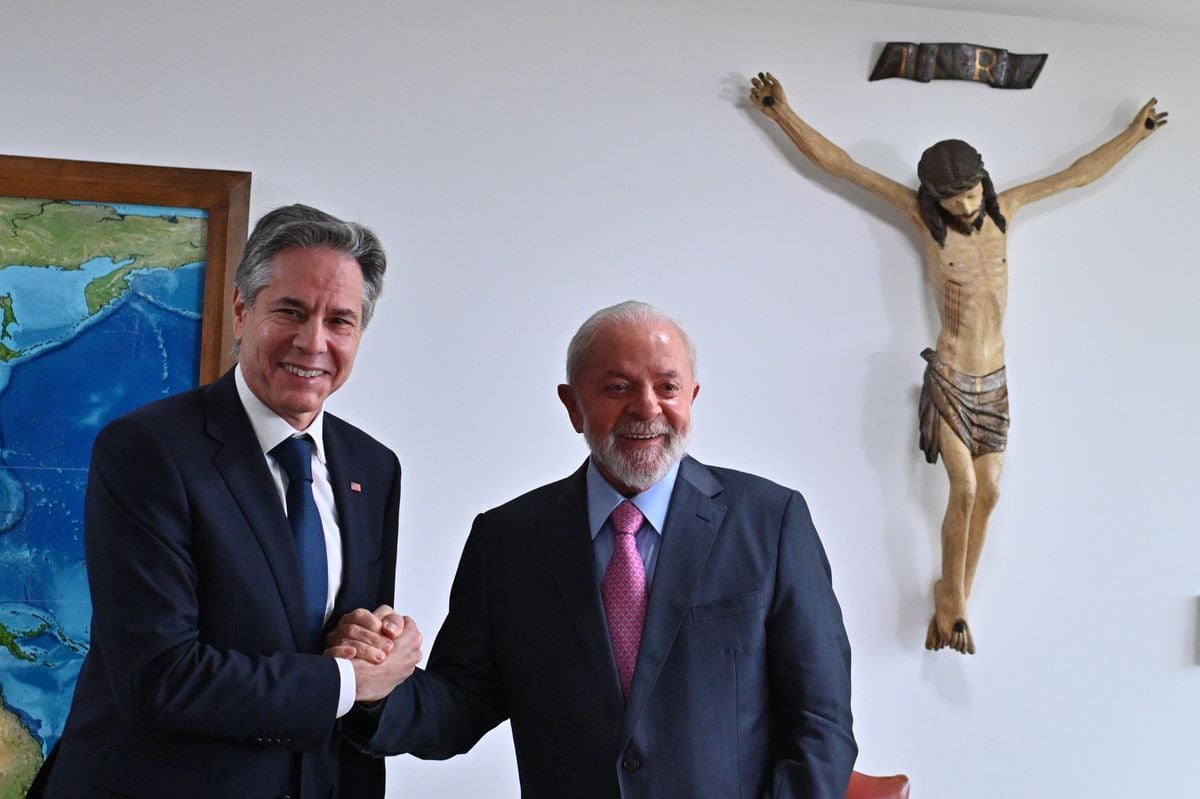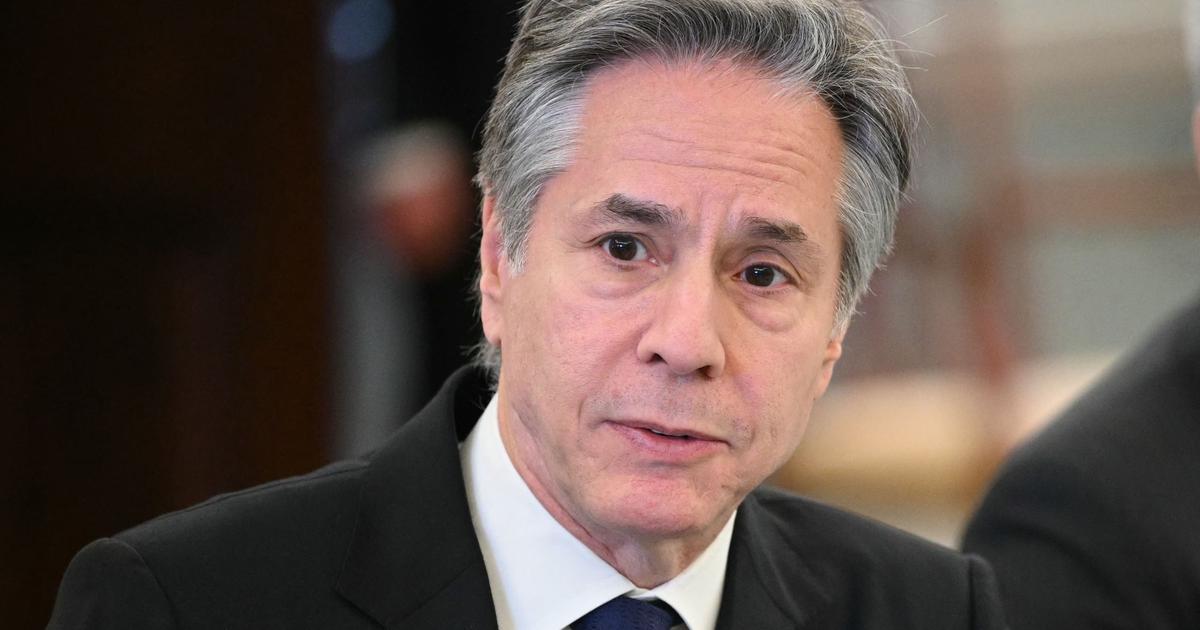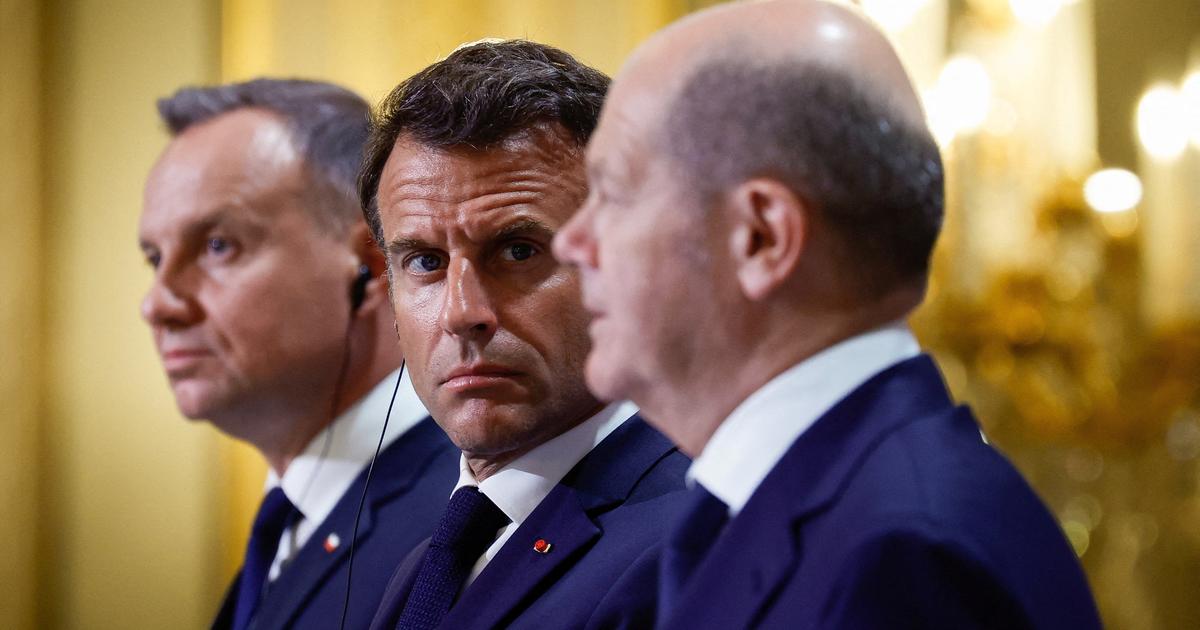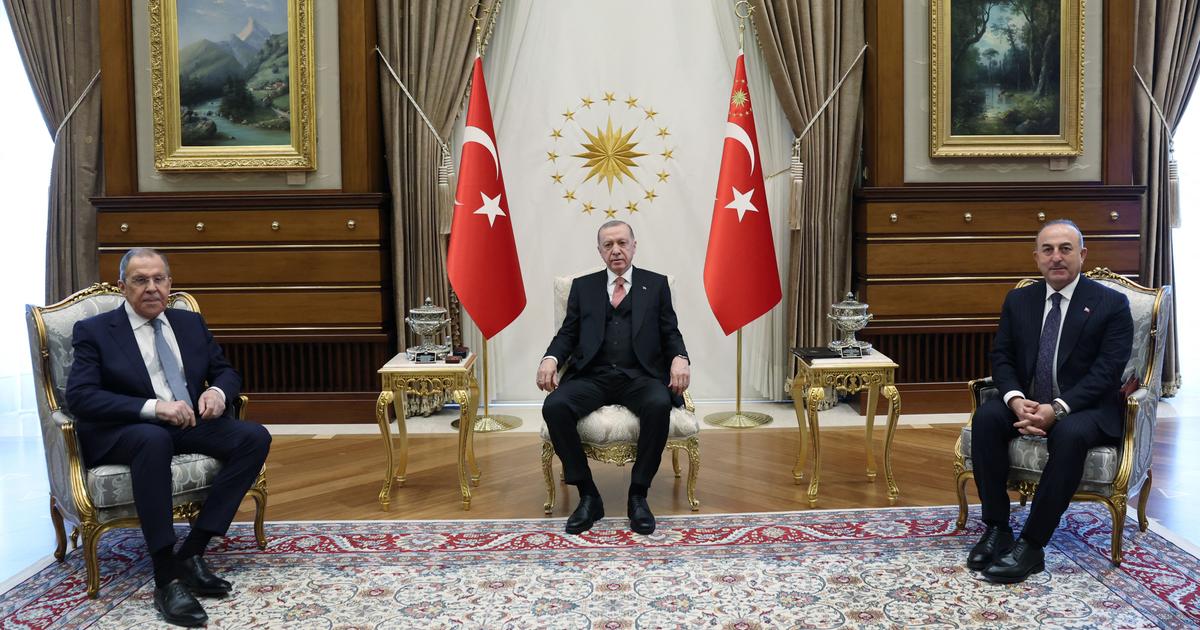Ten minutes.
The heads of diplomacy of the United States and Russia, Antony Blinken and Sergei Lavrov, respectively, spoke out of the program and very briefly on the sidelines of the meeting of foreign ministers of the G-20, held in New Delhi on Thursday.
The conversation was the first known in person between the two diplomats since Moscow launched the invasion of Ukraine in February 2022;
the two had spoken last summer on the phone.
The meeting, which was not on the official agendas, took place when relations between the two governments are at their lowest point since the Cold War.
The war in Ukraine has finished freezing already icy ties around arms control, human rights, prisoners and cyber attacks, among other issues.
The brief conversation also took place at a G-20 meeting dominated by the war in Ukraine and in which the participating ministers have failed to reach an agreement.
China and Russia have vetoed two paragraphs of the final communiqué that referred to the invasion.
The ten minutes between Blinken and Lavrov spread.
As the US Secretary of State explained a posteriori at a press conference, in that conversation he underlined to his Russian counterpart the position that Washington actively and passively insists on: that the United States will support Ukraine for as long as
it
takes
, until a peace agreement is reached that Kiev considers favorable.
And he demanded from Moscow the end of the invasion.
"End this war of aggression, practice substantive diplomacy that can result in a just and lasting peace," Blinken said, demanding the Russian minister.
But the Secretary of State was not optimistic about the possibility that the contacts on Thursday will yield significant results, at least in the immediate future: "President [Russian Vladimir] Putin has shown zero interest in participating in talks, by saying that there is nothing to talk about until Ukraine accepts the new territorial reality.”
In a similar sense, a senior US official who informed the media about the meeting on condition of anonymity had expressed himself: "We always maintain the hope that the Russians will reverse their decision and be willing to participate in a diplomatic process that can lead to a just and lasting peace.
But I wouldn't say that after this meeting things are going to change in the short term”.
The two heads of their respective diplomacy also addressed the Russian decision, announced last week, to suspend its participation in the New START nuclear disarmament treaty.
Putin had cited US antagonism in the war to justify that decision, which deals a fatal blow to the last atomic arms control agreement in force between the two great nuclear colossi;
US President Joe Biden had described Moscow's initiative as a “serious mistake”.
In his press conference, Blinken assured that he had urged Lavrov to reverse this "irresponsible decision" and resume his participation in the treaty, signed in 2010 between then-presidents Barack Obama and Dmitri Medvedev and valid until 2026. "The Mutual compliance is something that interests our two countries," the Secretary of State assured his Russian counterpart, according to what he said.
The secretary of state also urged Moscow to release former US Marine Paul Whelan, 52, who has been jailed in Russia since 2019 on espionage charges.
“The United States has presented a serious proposal.
Russia should accept it."
More information
Follow the invasion of Ukraine live
For his part, Sergei Lavrov did not allude to the meeting at his own press conference in New Delhi.
His spokeswoman, Maria Zajárova, indicated that the conversation occurred at Blinken's request and while they were both walking.
The Russian news agencies emphasize that there were no "negotiations" between the two.
The war in Ukraine was the dominant issue at the meeting of the G-20 Foreign Affairs officials, and the factor that prevented the meeting from reaching an agreement.
The positions among the member countries, the main economies of the world, diverged deeply.
The host government itself embodied these differences and contradictions: Prime Minister Narendra Modi's India has avoided condemning Moscow and has increased its purchases of Russian fuels, while supporting a diplomatic solution to the conflict.
There was therefore no final statement, despite Modi's hopes of reaching a consensus.
Russia and China, Moscow's great strategic partner, vetoed two paragraphs in the original draft of the document that criticized the war and declared "the use or threat of use of nuclear weapons" inadmissible.
"Unfortunately, this meeting has again been marred by Russia's unjustified and unprovoked war against Ukraine, its deliberate campaign of destruction of civilian targets and its attack on the fundamental principles of the United Nations Charter," Blinken lamented. at the meeting of ministers, according to statements distributed by the State Department.
"We must continue to demand that Russia end this aggressive war and withdraw from Ukraine, for the sake of international peace and economic stability," he added.
The Secretary of State recalled that last week 141 countries supported a condemnation of Russia in a special session of the United Nations General Assembly, one year after the start of the invasion.
But several of the countries participating in the New Delhi meeting were among those who abstained or opposed that motion.
In a similar way, the German Foreign Minister, Annalena Baerbock, expressed herself, stressing that "unfortunately, one member of the G-20 prevents the other 19 from focusing all their efforts on these issues for which [the organization] was created."
In his press conference, Lavrov denied that his country suffered from international isolation as a result of the war.
“We don't feel isolated.
It is the West that has isolated itself and will end up realizing it.
In a statement, Lavrov blamed the West for the global political and economic crisis: "Several Western delegations turned the work on the G-20 agenda into a farce, wanting to shift the responsibility for their failures in the economy to Russia," Reuters reports. .
The head of Russian diplomacy also accused the West of hindering the export of agricultural products from his country.
Follow all the international information on
and
, or in
our weekly newsletter
.

/cloudfront-eu-central-1.images.arcpublishing.com/prisa/3SXZSHPFDJDGLKW7CQREYHYBXE.jpg)
